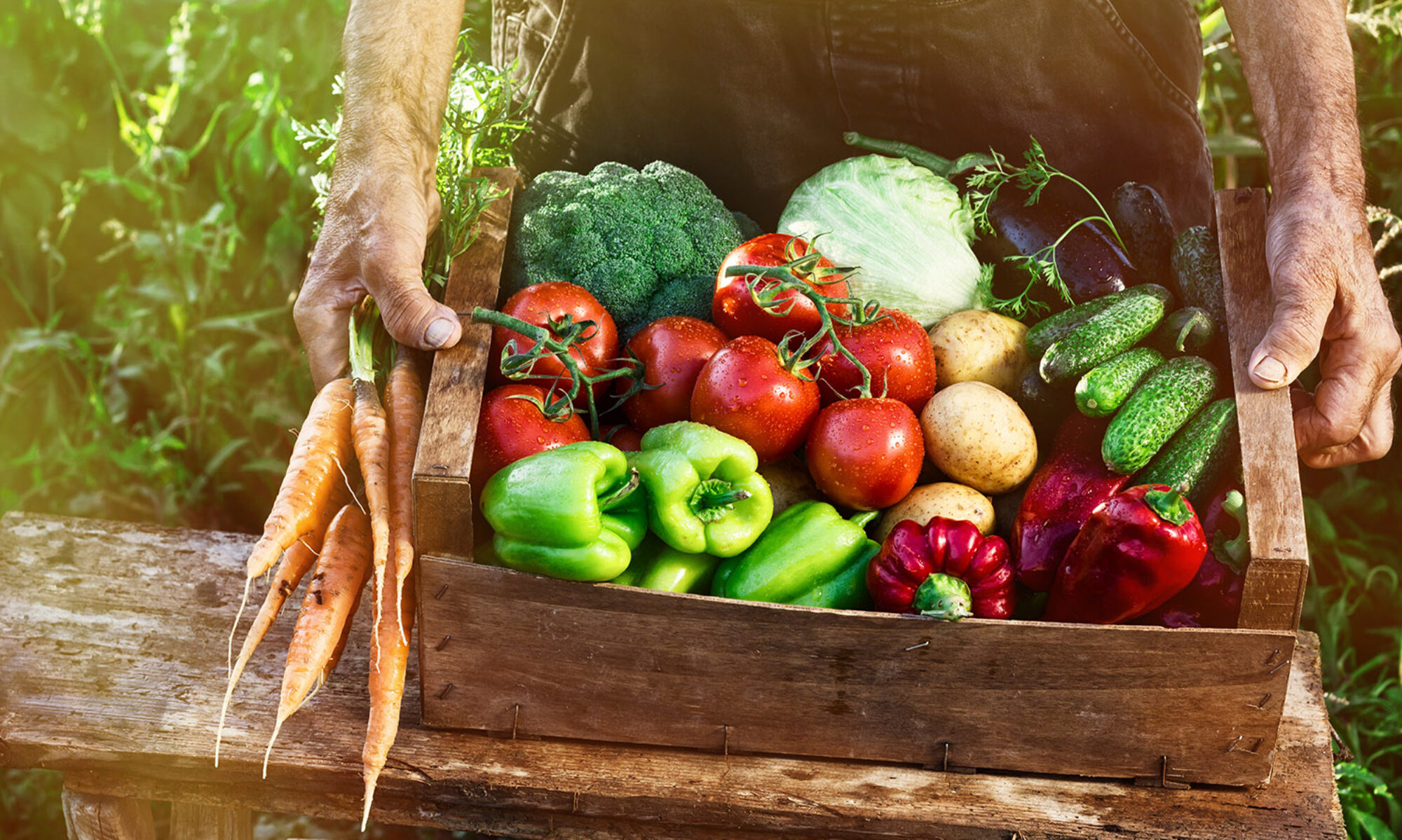 Written by: Rebecca Gobeil, Boston College Law School 3L, 2017-2018 Vice President of FLSN
Written by: Rebecca Gobeil, Boston College Law School 3L, 2017-2018 Vice President of FLSN
Starting a Food Law organization at a law school is not always easy. While the field of Food and Agriculture law is extremely fascinating and many folks would be interested in it; it is hard to get folks excited about something they know nothing about. Food law interacts with so many other areas of the law: immigration law, labor law, environmental law as well as laws and policy to do with government and regulation; and approaching it this way can garner interest in the food law society at your school. Another way to start is to find an area or issue that is small enough to tackle locally so folks can feel that you are effecting real change and they are excited to get involved.
I have been brainstorming along with some others interested in food law about what can garner others interest in the field of study. One of the major ways is to connect these fields addressed earlier with food law. Invite an immigration lawyer who has worked with migrant farmers to speak with your law school so they can understand that the fields greatly interact. Similarly invite a labor lawyer interested in helping folks within the restaurant industry – particularly someone involved with the Sanctuary Restaurant movement; a movement where folks are committed to protecting those working in the restaurant industry no matter their background or immigration status. There is also so much room for crossover between food law and environmental law; whether that be concerning food waste, pesticides, waste water, air pollution or any other number of crossover topics. These crossover areas allow folks committed to other areas of the law to understand that food law is intermingled so closely to their chosen fields and it is an area that should be paid attention to and closely followed.
The other way to garner interest and start an organization is to start small. At my law school myself and another student interested in food law are looking at policies involving food waste at our school. We are hoping that taking steps to effect real change at our own school will lead others to be interested in food law and how it can affect the future of not only our school but our environment. When looking at an issue such as food waste we as students will look to regulations as well as school and local politics. Effecting real change is something nearly everyone in law school can get behind and get excited about.
What I have learned through law school and through life is that the most important thing to do is to start. So if there is no food law presence at your school but you are passionate about it take a small step. Talk to your friend group about how prevalent it is in other fields of law; focus on a small topic that affects your community; talk to your environmental/immigration/labor law community about bringing in a speaker that deals with food law. Just start, you never know whose attention and what excitement you will draw!

 Written by: Erika Dunyak, LL.M. Student at the University of Arkansas
Written by: Erika Dunyak, LL.M. Student at the University of Arkansas